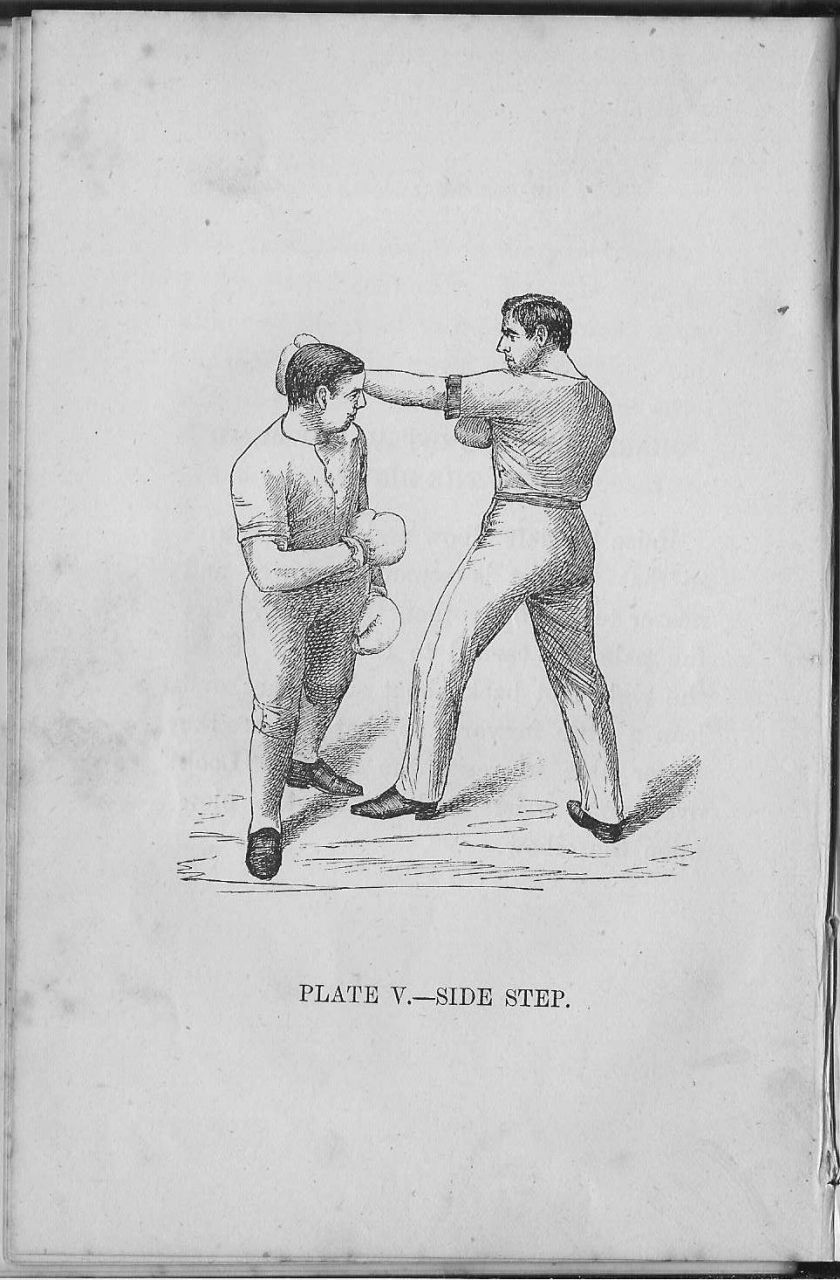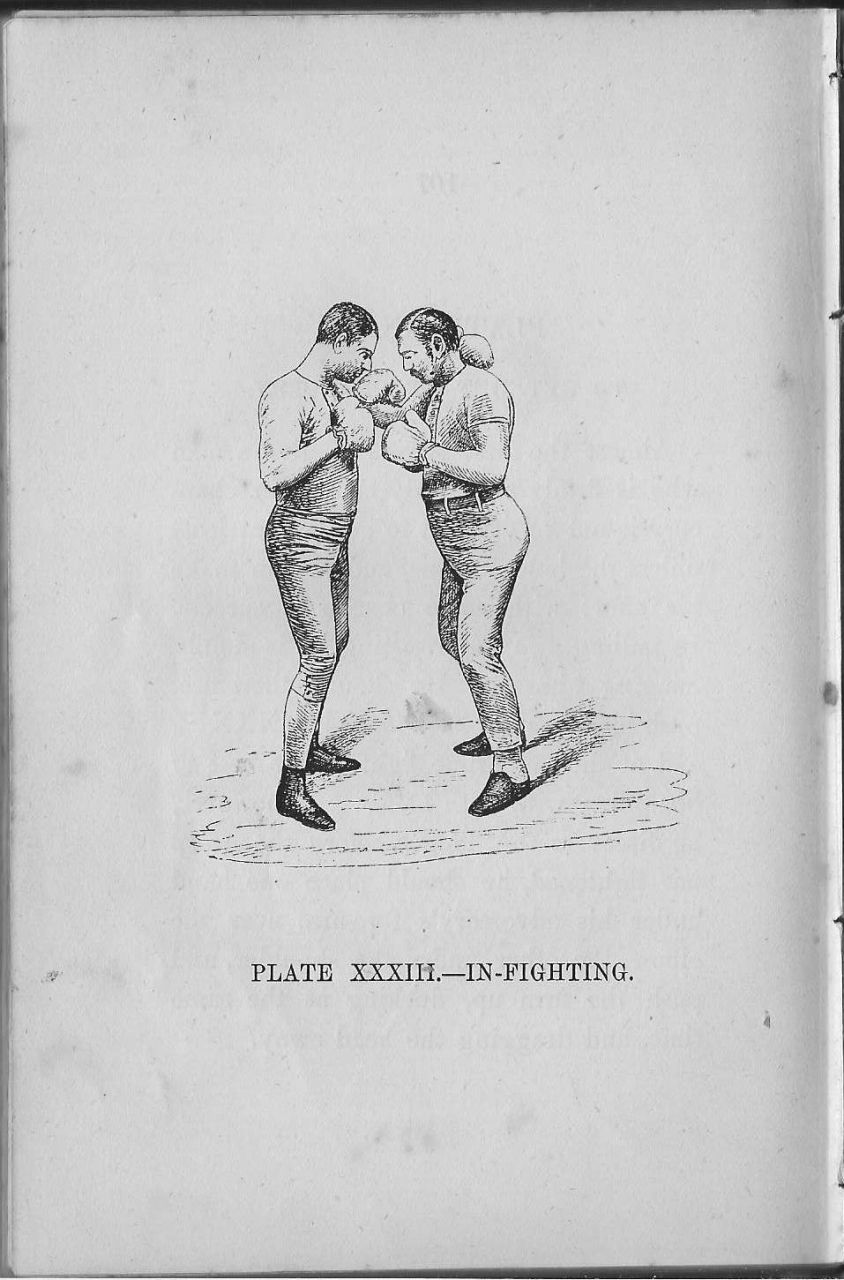That’s great. You usually see the effects of childhood abuse, beatings, and rapes written on their bodies and in the psyche long before they trust you enough and gain enough trust in themselves, to re-live and tell you about their pain and experiences. If they get into scenario training that forces them to re-live their attacks and abuse before they are, or you are, ready it can cause them harm. It is not so much about them thinking you are or are not a creeper. If they have been friends for a while, they have all seen each other date creeps. That does not really matter; after all, the training is NOT about you/the instructor. The training is about them and giving them strength and trust in themselves, so that they can trust that inner warning voice and keep their head if and when a violent confrontation happens and to perhaps keep their head enough to be aware before it happens, or to see the continued violent patterns of their and their friends life. In your group of ten, three or more will likely have suffered from abuse or seeing their mother abused. It is behind them but is still there. Approached slowly, and with all eyes open is in my opinion the best way to deal with it. It does not have to red man, yelling, weapons, vulgar language to set off their stress trauma responses. The scenario training can be as innocent as wrist grabs, chokes, grabs from behind, hands on face, eyes, or neck, restraint, or body positions and still have negative effect on the students. Watch carefully, listen to their breathing, watch their eyes and color of skin, listen to the tone of their voice and count the syllables of the words that they are using. Keep any excess tension out of your face and eyes, keep you voice low tone and modulated. Do not ever judge and let them have space if they need it. Help them by reminding them not to hold their breathing in, keep their shoulders down etc. Now and then, take a break when doing serious work and do push-ups or some other non-combative physical activity that uses energy and requires muscles moving.
Good luck, I am sure that the workshop will be a positive and worthwhile exercise for you and them.
Regards
Brian King



